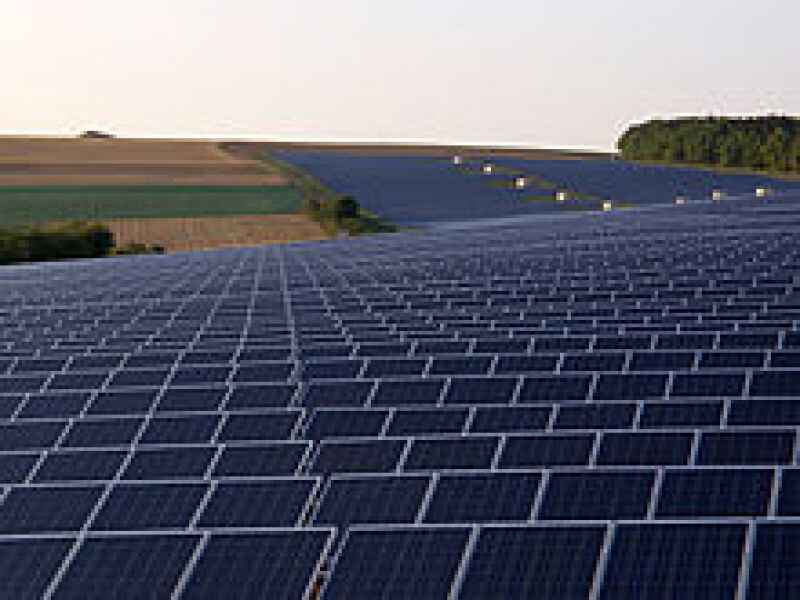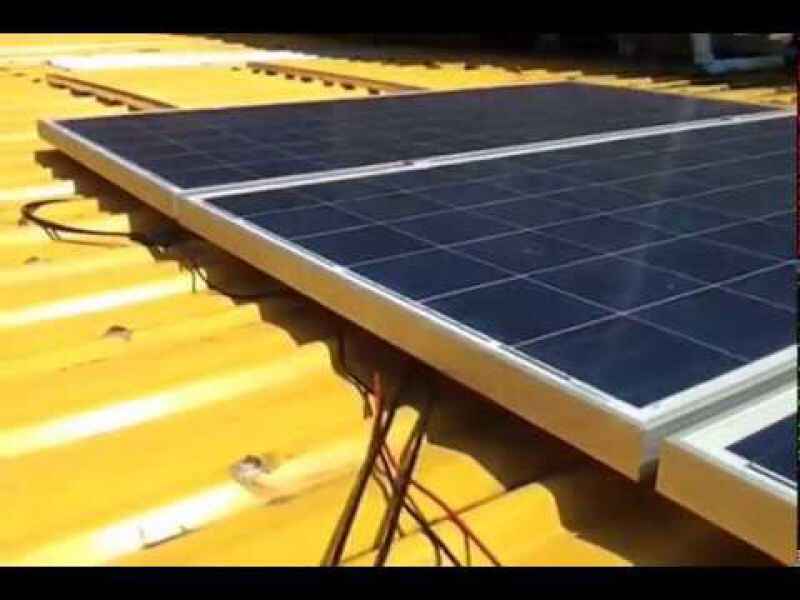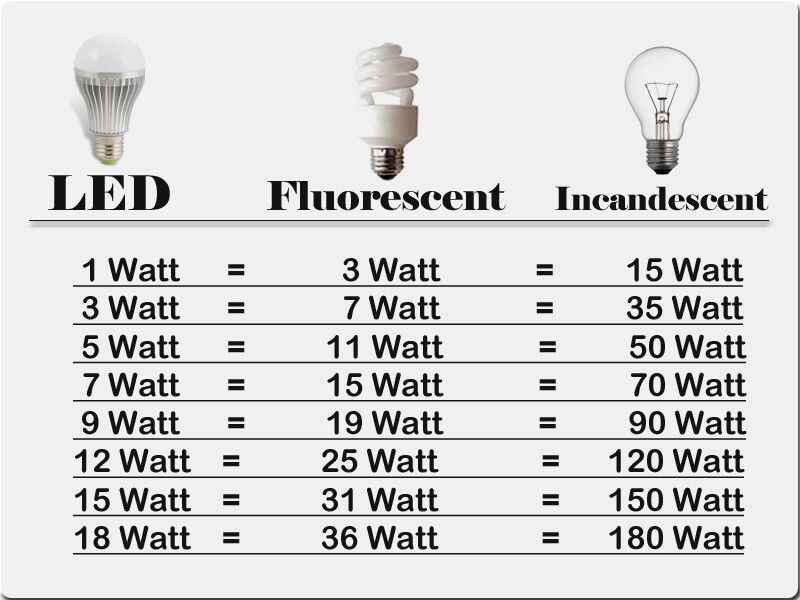FAQ
Q: How much battery current should be chosen to be sufficient for different devices?
Answer:
Should choose the current that is received from the battery to be higher than the current consumption of electrical equipment and the current (Ah) is higher than the current charged from the battery charger about 6-7 times.
Q: What is PV or Solar Cell?
Answer:
PV or Solar Cell is a device that can produce electricity directly from sunlight or light. Solar cells are made from semiconductors such as silicon, Gallium Arrsenide, Indium Phosphide, Cadmium Telluride and Copper Indium. Copper Indium Diselenide, when absorbed solar energy and transform into electricity carriers And will be separated into positive and negative electric charges to create voltage at both poles of the solar cell When the polarity of the solar
Q: How long is the lifetime of the solar cell?
Answer:
In the production of electrical energy of solar cells Will use the photoelectric principle of semiconductors By using the movement of electrons Which does not affect the wear of objects Makes the lifespan of the solar cells up to 20-25 years
: What is the efficiency of conversion to electrical energy of solar cells?
Answer:
In general, the solar energy that hits the earth on an area of 1 square meter will receive about 1,000 watts of power, which in one day we can receive solar energy for approximately 4-5 hours and the efficiency of changing solar energy into electrical energy will be At around 10-16% depending on the type of solar cell Which means 1 square meter solar cell can convert to electric power 100-160 watts and in 1 day can produce 500-800 watts of electricity
Question: How does Solar Cell store energy?
Answer:
The solar cell itself cannot store energy. But is a device that transforms solar energy into electricity When absorbed by sunlight, it will go through the process of generating electricity Which is direct current The electricity can be used with electrical equipment used for direct current only. Since there is not much electricity from solar cells So there are many cells The cells connect together in a panel. To get enough electric current for use And if wanting to save energy, spend time without sunlight or other uses Will need to connect the cells to the battery (Battery), which acts as energy storage to use Including the need to have a charge controller (Charge Controller), which will control and protect the charging current to be suitable for the battery.
Q: In high temperature conditions? Will the efficiency of the solar cells be reduced?
Answer:
Cold weather makes solar cells more efficient in converting solar energy into electrical energy. And works better in conditions of high temperatures or hot weather. The reason is that solar cells are electronic devices that produce electricity from sunlight Some working mechanism Uncomfortable for working in high temperature weather conditions For in winter Which the weather is cool But solar cells can produce less power than in the summer This is because the daytime is shorter, the sun is at a lower angle. And cloud cover more sunlight than summer
Q: Who says PV or Solar Cell are environmentally friendly? What does it mean?
Answer:
Nowadays, energy from nature has been used for many benefits. And solar cells are one of many ways to use solar energy to replace other forms of energy. Including the use of energy from nature that is worthy and environmentally friendly as follows
Not using any fuel Aside from the sun Which is clean energy Does not cause reactions that will poison the environment
No burning Therefore does not cause air and water pollution
No movement during operation and no noises during operation. Therefore does not cause noise pollution
Help reduce the accumulation of various gases in the atmosphere such as carbon dioxide, carbon monoxide, sulfur dioxide, hydrocarbon gas. And nitrogen oxides, etc., which are the result of combustion of fuels such as oil, coal and natural gas All of which affect the environment. Greenhouse effect Causing global warming, acid rain and toxic air etc.
No waste during use. Therefore there is no emissions to destroy the environment
Question: Can solar cells be installed everywhere?
Answer:
Solar cells can be installed anywhere. Under the conditions as follows
Installed in the open air No shade to obscure solar cells
Not near dusty sources (Suggest to install on the roof or above the ground)
Should be placed with a slope of 10-15 degrees from the horizontal level And facing the solar panel to the south Laying the solar panel on a slope will help drain rainwater and prevent flooding of rainwater on the solar panel.
Q: What happens if there is dust or dirt on the solar panel?
Answer:
The presence of dirt on the solar panel, such as dust, bird droppings, leaves, or soot, etc. These impurities will block the light that falls on the surface of the solar panel. Resulting in reduced electricity production. Therefore, if found to have impurities on the solar panels Use clean water to wash. Do not use other cleaners to clean or use sandpaper to scrub the surface of the solar panel. Which this cleaning should be done periodically Or when you notice that there is dirt on the solar panel
Q: Where should the solar panels be installed to be the most suitable?
Answer:
The right place to install solar panels Must allow solar panels to receive full sunlight such as on the roof of houses, office buildings And the frame for fixing the solar panel Should avoid being obscured from shadows, such as trees and other buildings, etc., as well as the solar panel should be turned in the direction of daylight. In order to be able to produce as much electricity as possible For systems that are installed independently Should be installed so that the solar panel is near the battery To minimize energy loss due to power cables







